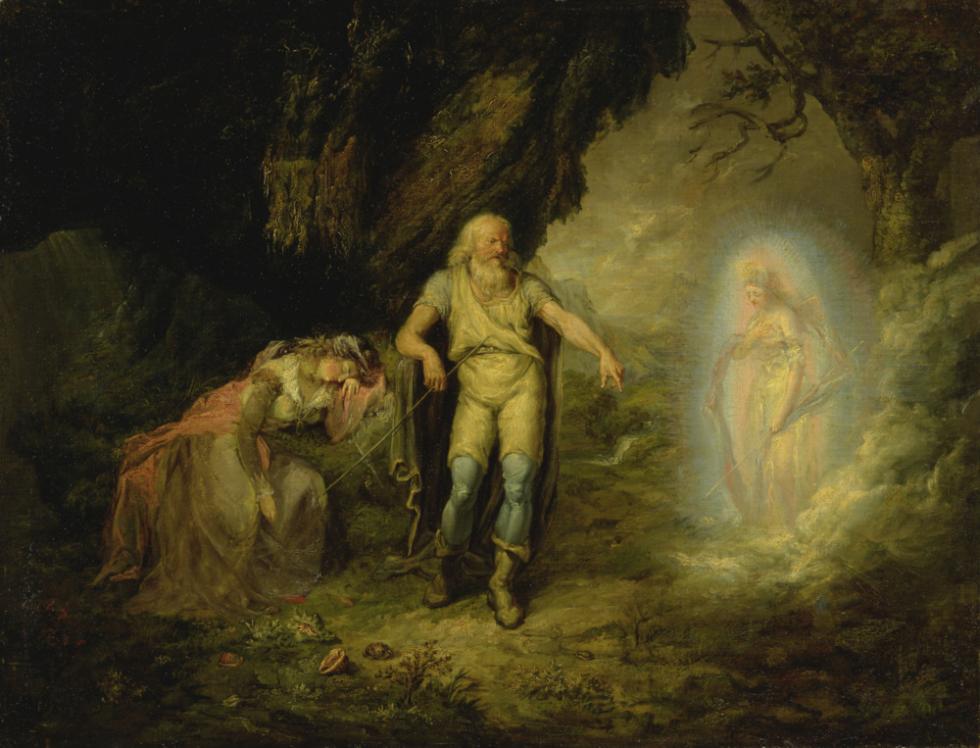How Does Shakespeare Use The Tempest to Explore the Idea of Colonialism and How Does it Relate to the Play's Historical Context?
William Shakespeare's "The Tempest" is a complex and multifaceted play that explores a wide range of themes, including colonialism. The play is set on a remote island where Prospero, a powerful sorcerer, has exiled his enemies and enslaved the native inhabitants, Caliban and Ariel. Through its characters and plot, "The Tempest" offers a深刻的and nuanced exploration of the dynamics of colonialism, its impact on indigenous populations, and the potential for reconciliation and understanding.

Historical Context Of Colonialism:
- During Shakespeare's time, European powers were engaged in a period of intense colonial expansion, driven by economic, political, and religious motivations.
- European colonizers justified their actions by claiming a moral and cultural superiority over indigenous peoples, often viewing them as inferior and uncivilized.
- The process of colonization had devastating consequences for indigenous populations, leading to displacement, exploitation, and cultural erasure.
Colonialism In "The Tempest":
- The relationship between Prospero and Caliban mirrors the dynamics of colonizer and colonized. Prospero, as the powerful sorcerer, exerts control over the island and its inhabitants, while Caliban, the native, is enslaved and deprived of his freedom.
- The portrayal of the island and its inhabitants as exotic and inferior reflects the European worldview of the time, which saw non-European cultures as primitive and in need of "civilizing."
- Themes of power, control, and exploitation are central to the play, as Prospero uses his magic to manipulate and dominate the island's inhabitants.
Prospero's Colonial Mindset:
- Prospero's character embodies the colonial mentality, with his desire to control and reshape the island and its inhabitants according to his own vision.
- His use of magic and manipulation to achieve his goals reflects the ways in which European colonizers often employed force and coercion to assert their dominance.
- Prospero's eventual realization of his wrongdoings and his decision to relinquish his power suggest a potential for redemption and reconciliation.
Caliban As A Symbol Of Resistance:
- Caliban's character represents the indigenous resistance against colonialism. His anger, frustration, and desire for revenge stem from the injustices he has suffered at the hands of Prospero.
- Caliban's portrayal as a complex and sympathetic character challenges the simplistic view of indigenous peoples as inferior and uncivilized.
- His desire to learn and his capacity for forgiveness suggest the possibility of reconciliation and understanding between colonizer and colonized.
The Tempest As A Commentary On Colonialism:
- The play's themes of justice, forgiveness, and reconciliation can be seen as a commentary on the negative consequences of colonialism.
- The play critiques the arrogance and violence of colonialism, highlighting the damage it inflicts on both colonizer and colonized.
- The play's call for understanding, empathy, and respect between different cultures offers a hopeful vision of a post-colonial world.
"The Tempest" is a powerful exploration of colonialism and its impact on indigenous populations. Through its rich characters and compelling plot, the play offers a深刻的and nuanced critique of the colonial mindset and its devastating consequences. The play's enduring message about the dangers of colonialism and the importance of peaceful coexistence remains relevant to this day.
YesNo

Leave a Reply